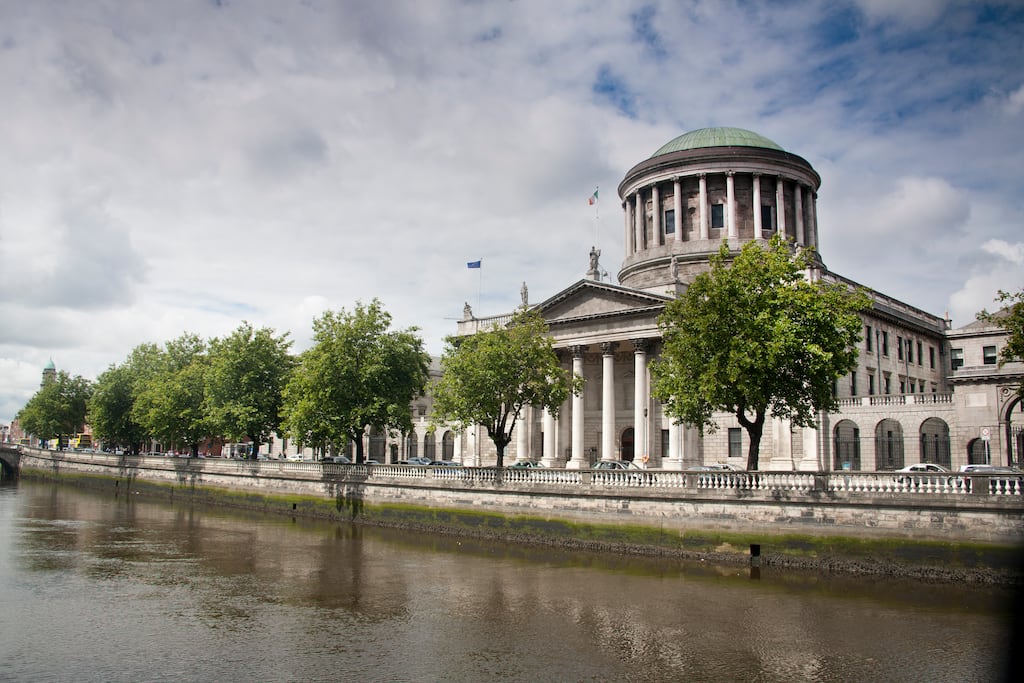A woman was not liable for €50,000 she paid under the derelict sites levy which had been incurred by the previous owner of a Dublin property she bought, the High Court ruled.
Michelle Maher bought the East Wall property in 2014 for €176,600 from a bank that had called in a mortgage it granted to the previous owner.
In 2015 Dublin City Council demanded payment from her of an outstanding €50,153 derelict sites levy which had been imposed in 2008 by the local authority on the land.
Ms Maher decided to pay the levy under protest after an exchange of correspondence between her solicitors and the council’s lawyers. Some €18,575 related to the levy itself while the remainder, €31,578, consisted of 1.25 per cent penalty interest per month.
READ MORE
Ms Maher subsequently brought proceedings against the council seeking recovery of the money. A year ago the Circuit Court dismissed her case. She appealed to the High Court, represented by Angus Buttanshaw, instructed by Peter Nugent and Co solicitors.
On Tuesday, Mr Justice Garrett Simons ruled Ms Maher was not liable to pay the derelict sites levy.
It was apparent from the Derelict Sites Act scheme that, as between the original owner of the lands and a mortgagee, the responsibility for payment of the derelict sites levy resides with the original owner, he said.
The interpretation contended for by the council necessitated attributing to the legislature an intent to create a charge of its own kind which would have reversed the normal principles in respect of priorities and the rights of mortgagees, he said. There was nothing in the statutory language that is indicative of such a radical intent, he said.
In practice an outstanding derelict sites levy would only be paid by a purchaser if the purchase price of the property was reduced to reflect the amount of the levy, he said.
He also described as “regrettable” that council officials could not bring themselves to be more helpful when Ms Maher’s solicitor raised “entirely reasonable” queries about the levy before the purchase.
It was “contrary to the principles of good administration for a public authority not to explain how it applies a statutory scheme which imposes significant financial levies on landowners”, he said. This could have been done, for example, by publishing guidance as is done by the Revenue Commissioners, which regularly publishes guidance for taxpayers, he said.
The judge said a statutory charge arising under the Derelict Sites Act 1990 was, in principle, subject to what is known as the “overreaching” provisions under land conveyancing law.
The effect of overreaching applies when, for example, a landowner is indebted through a number of secured mortgages on the property and defaults on his debts.
The holder of the first mortgage in time would be empowered to sell the land free from the subsequent mortgages.
The holders of the subsequent mortgages would no longer have any interest in the land but would, instead, be entitled to their share of any surplus sale proceeds after the debt secured by the first mortgage has been discharged.
In Ms Maher’s case, the charge was overreached on the sale by the financial institution of the property and the purchaser was not liable to pay the outstanding derelict sites levy, he said.
The judge said it should not be necessary for him to make a formal order directing the repayment of the levy and interest, given that the defendant is a public authority and, as such, is to be expected to give effect to the declaratory judgment.
He said he would decide on what form the order should take next week.











